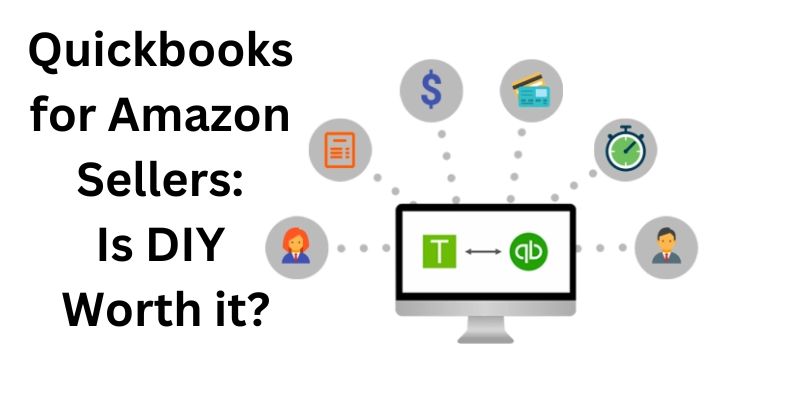Nontaxable Income and Tax-Free Income
What is meant by "nontaxable income" is earnings that do not need to be reported and taxed. Some income sources, such as life insurance and child support, are exempt from taxation even though the vast majority of wage income is subject to taxation. In some cases, such as retirement income or capital gains, you can minimize your tax burden by employing specific strategies.
Potential Sources Of Income That Are Exempt From Taxation
Most earned income is subject to taxation, but other forms of payment, such as death benefits and inheritances, are often not.
Other income forms, including welfare payments, alimony, child support, death benefits, and gifts, may not be subject to taxation.
There are many exceptions to the general rule that income from scholarships, some retirement plans, and Social Security is not taxable.
The Taxability of Nontaxable Income
If you have a job or make money from investments, the government will most likely demand a portion of your earnings. However, the Internal Revenue Service does not impose taxation on some forms of income. The money you get that does not count as taxable income is called "nontaxable income." Gains from certain investments and other non-wage sources are examples of nontaxable income.
Nontaxable Income Examples

Interest from municipal bonds is one type of investment that does not attract taxes. A Roth IRA is the only exception to the rule that withdrawals from a traditional IRA are subject to taxes.
Needs-based public assistance programs, such as Supplemental Security Income, are examples of tax-free public assistance programs. General welfare payments, no-fault auto insurance disability payments, and employer-paid disability benefits are also exempt from taxation.
Earnings from Interest and Dividends.
State tax regulations can differ from one another, so it's necessary to familiarize yourself with your home state's tax code. Wages are subject to taxation in a wide range of governments. While New Hampshire residents are exempt from federal income tax, they are subject to a 5% tax on interest and dividends. But the federal income tax is still a must for those living in New Hampshire.
Compare Taxable Income with Nontaxable Income
Earned income and any sums obtained in exchange for services or goods are subject to taxation. Earnings such as Total earnings from all sources, including regular jobs, side jobs, and self-employment Bonuses, rewards, and commissions for employees The combination of severance pay and unemployment benefits
Funds Received From Renting Out Space
Capital gains, interest, dividends, and stock options
Any earnings subject to taxation must be reported and paid in the calendar year they were earned. The W-2 form is where you can expect to find any reportable earnings from your job. Yet, self-employed or in partnerships may have to account for their payments uniquely.
Ways to Lower Your Tax Bill

You might employ a few strategies to maximize the tax benefits you receive. First, remember that many contributions to retirement plans are not taxable in the year they are made. For the 2022 tax year, those under the age of 50 can put away up to $6,000 into a regular IRA, while those 50 and above can put away up to $7,000.
The Bare Minimal Distribution That Must Be
Contributions to traditional IRAs and 401(k)s are deductible in the tax year they are made, but withdrawals are subject to taxation. You may have to pay taxes on more money than you need if your retirement plan is subject to the required minimum distribution (RMD) rule.
Generally, the first RMD is required in the year you turn 72.10. You do not need to wait until you are 72 years old, but if you do so before you are 59 and a half, you will be charged a 10% early withdrawal penalty unless an exception applies.
What kinds of money are exempt from taxation?
Nontaxable income includes worker's comp, health insurance from an employer, life insurance death benefits, alimony, child support, financial gifts, inheritances, eligible adoption reimbursements, interest on municipal bonds, and more.
Capital gains taxes in investment accounts outside of retirement plans can be kept to a minimum by holding onto assets for at least a year, at which point the investor is eligible for the lower long-term tax rates.
How much income is nontaxable?
Several categories of earnings are exempt from taxation. If you are self-employed, you'll have to pay taxes on your earnings if it surpasses $400 in one year. 13 If you work for an employer, you may not have to pay taxes on income if it's less than the standard deduction amount. Nonetheless, even if your income is not taxable, you may wish to file a return because doing so could result in a refund.







